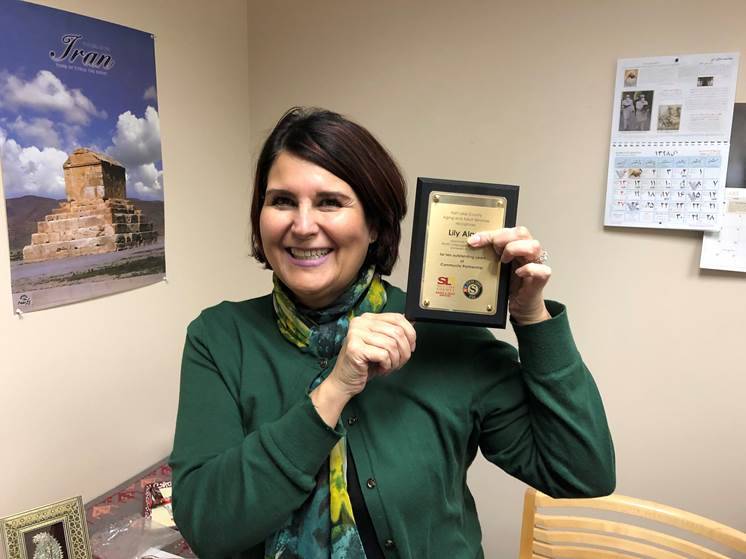Faculty Highlight: Lily Alavi

Lily Alavi, an associate instructor in the Department of World Languages and Culture, has made community-engaged learning a cornerstone of her teaching. Her journey into this field began shortly after moving to Utah in 2009 when she attended a Bennion Center conference introducing her to service learning. Inspired by her experiences in Iran and her exposure to community-based education, Alavi expanded an existing Spanish-focused service-learning class to include multiple languages, connecting students with diverse communities and fostering mutual understanding and service. She aims to provide students with a deeper appreciation for the real-world impact of language learning while benefiting underserved communities. Alavi finds the most rewarding moments when students go beyond classroom requirements, such as continuing their service after the course ends or initiating innovative projects. Examples include students leading yoga classes in Spanish or organizing cultural orientation sessions for Japanese-speaking immigrants. Another notable example is a former student who, inspired by their community-engaged learning projects, pursued a career as a Doctor of Physical Therapy. This student now works in underserved communities, applying principles of empathy and collaboration developed during their time with Alavi to make a meaningful impact on patients’ lives.
To ensure a lasting impact, Alavi emphasizes collaboration and trust-building with students and community partners. She incorporates discussions, reflection exercises, and simulations to broaden students’ perspectives and understanding of broader social issues, such as immigration and cultural integration, preparing them for meaningful community engagement. One of Alavi’s biggest challenges in community-engaged learning has been navigating differing expectations between students and community partners, which she addresses through flexibility, realistic goal-setting, open communication, and establishing clear, shared objectives. Despite the difficulty of finding and securing community partners, Alavi highlights the importance of creativity in community-engaged work, finding innovative ways to involve students by tailoring projects to community needs. Her advice to other instructors interested in community-engaged learning is to remain adaptable, listen actively to community needs, and focus on creating reciprocal relationships that benefit both students and the communities they serve.
